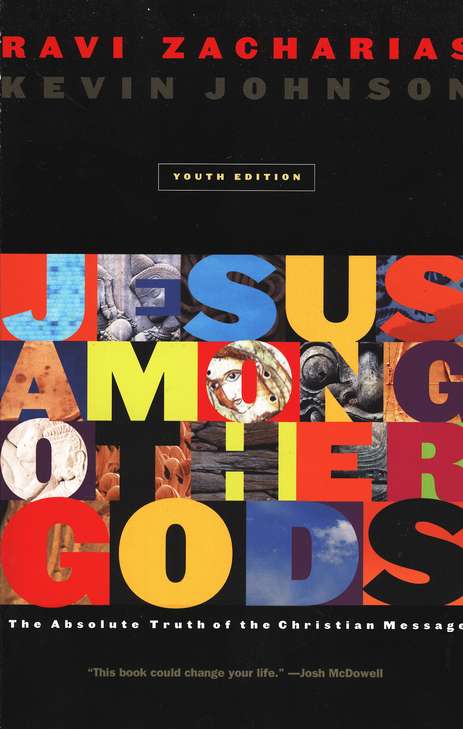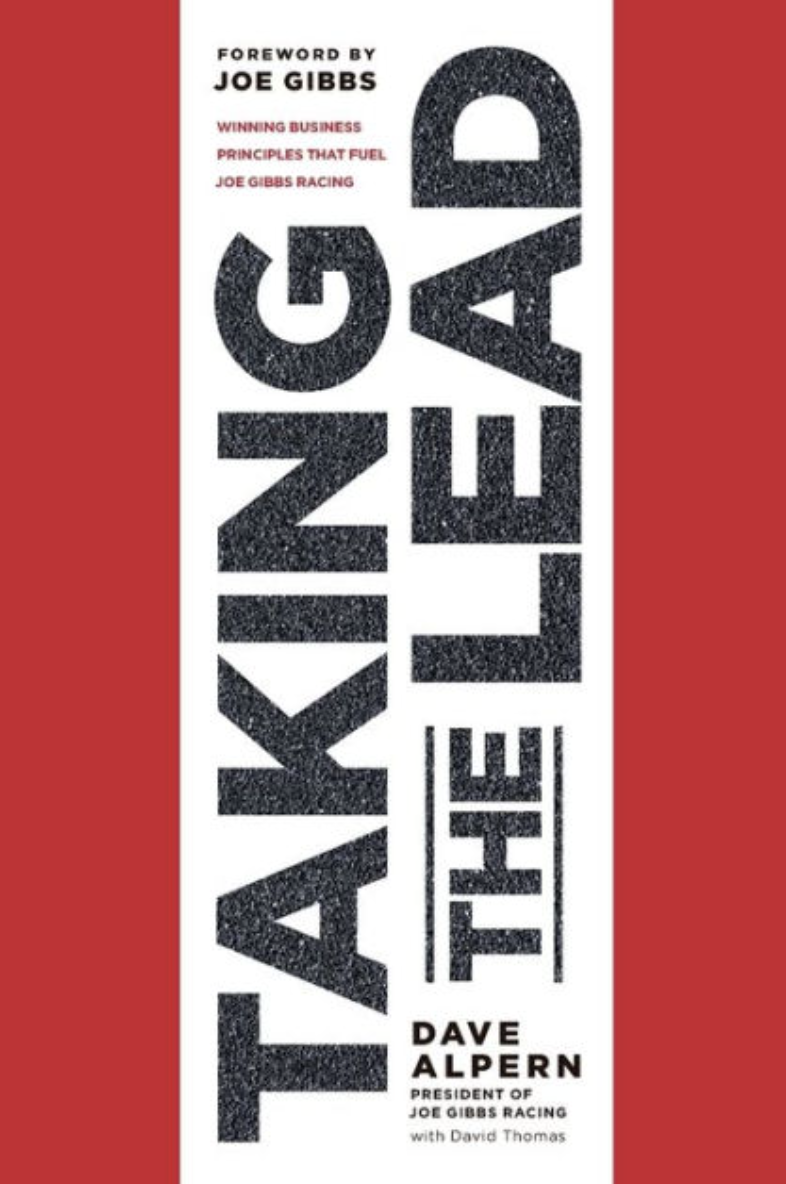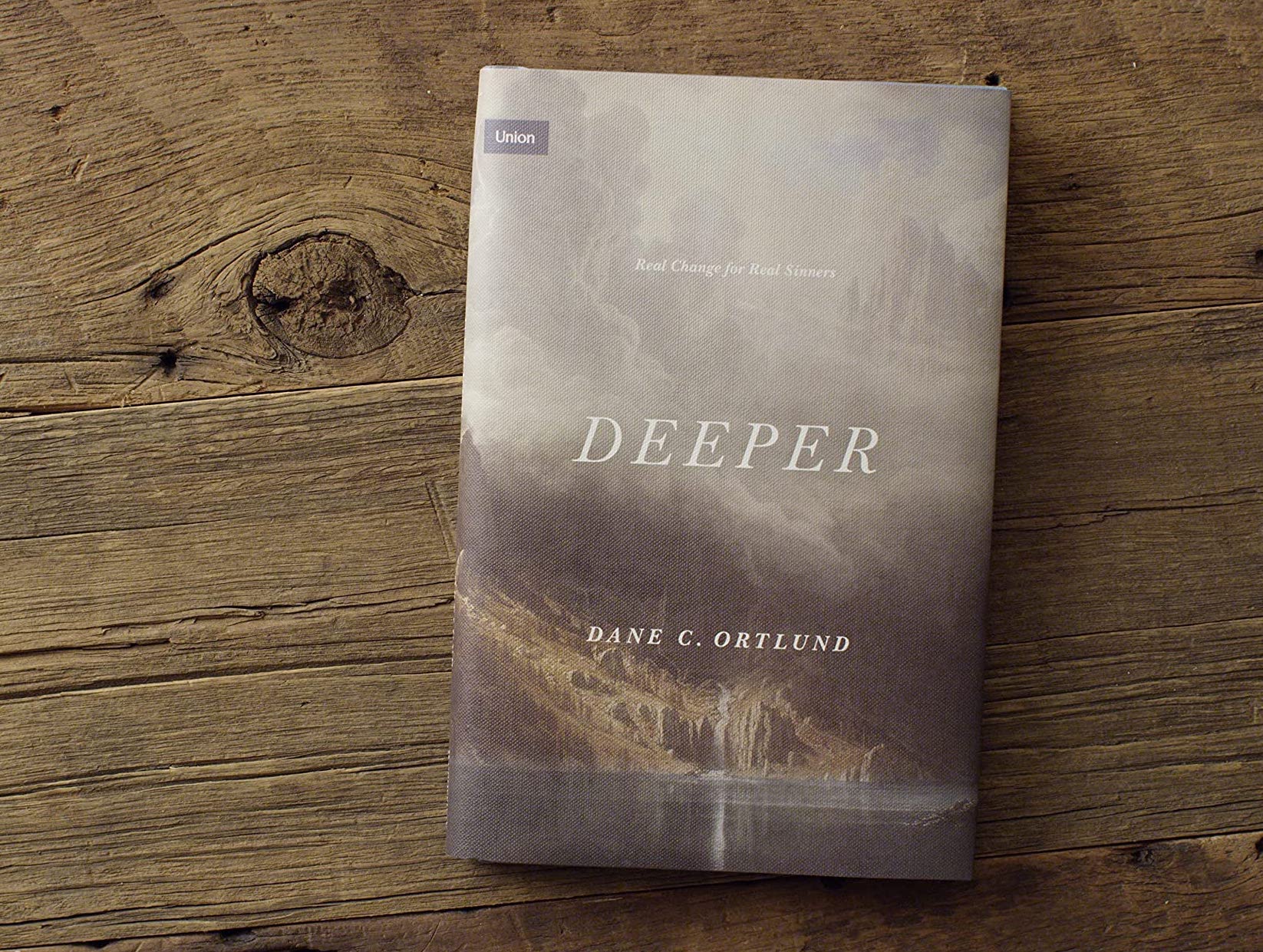Our theme verse at North Cobb Christian School this year is “Teach me your way, O Lord, that I may walk in your truth.” Psalm 86:11. As a result, I have tried to use this summer to really dig into what it means to understand the truth of the gospel. I heard about the book Jesus Among Other Gods by Ravi Zacharias from a new NCCS parent a few weeks ago. He told me that he had read both the regular version and the youth version. He said the youth version was really good and something we might like to use at school. I put it on my list to take a look at. A few days later, this parent showed up in my office with his copy of the book for me to borrow. I am grateful he encouraged me to read it!
Ravi Zacharias is one of the leading apologists of modern day church history. He grew up in India in a culture that is completely permeated by Hinduism. He came to Christ as a young boy, but struggled to grow in his faith in the midst of the Hindu culture. In Jesus Among Other Gods, Ravi breaks down the theological and doctrinal differences between Christianity, Buddhism, Hinduism, and Islam. I really appreciated his use of Scripture throughout in an effort to point to specific truths in God’s word that have been substantiated in world history. This book is a great resource for anyone, young or old, that desires to solidify the pursuit of truth in their walk with the Lord.
Below, I have pasted several things that I highlighted while reading…
- At the heart of every religion is a stubborn commitment to a particular way of defining who God is or isn’t–and a particular way of defining life’s purpose.
- “I am the way and the truth and the life. No one comes to the Father except through me.” John 14:6
- Is Jesus who He claimed to be?
- What would you ask Jesus?
- When Jesus said “I am the Father are one” (John 10:30), He claimed to possess God’s being, power, and moral attributes. The New Testament writer Paul expressed the same thought this way: “In Christ all the fullness of the Deity lives in bodily form” (Colossians 2:9). Take a look through the BIble to see exactly how great God is:
- Genesis says that He is the Creator of all that exists. Genesis 1:1-2:2
- Exodus declares that He is holy and will tolerate no rivals. Exodus 20:1-17
- Kings and Chronicles display His in-depth involvement in human history. 2 Chronicles 16:9
- Psalms shows He is a God who loves music and art. Psalm 100
- Proverbs displays His wisdom for everyday life. Proverbs 2
- Isaiah says no god we could invent can compare to Him. Isaiah 40
- Jeremiah unveils God’s compassion for His suffering people. Lamentations 3
- Hosea demonstrates God’s love even for followers who fail. Hosea 2:14-3:3
- Daniel illustrates how God can be trusted to take care of His own. Daniel 6
- Malachi points out that God wants pure worshippers. Malachi 1-4
- The Gospels prove God lived as one of us so we can know He understands us. Matthew-John, Hebrews 4:15-16
- Revelation gives a glimpse of God’s dazzling glory. Revelation 4
- The prophecies were specific. They were fulfilled flawlessly. They were written hundreds of years before Christ. And most were far beyond human ability to control. Of hundreds of biblical prophecies, none is known to be in error. Taken together, they are powerful evidence of the supernatural origin of both of Jesus and the Scriptures.
- Jesus alone shines as the spotless One, unblemished by sin. Jesus wasn’t just another good man. Jesus stands heads higher than His religious rivals. He is, in fact, in a class by Himself.
- Why do Christians run from thinking hard?
- For the message of the cross is foolishness to those who are perishing, but to us who are being saved it is the power of God. For it is written: “I will destroy the wisdom of the wise; the intelligence of the intelligent I will frustrate.” Where is the wise man? Where is the scholar? Where is the philosopher of this age? Has not God made foolish the wisdom of the world? I Corinthians 1:18-20
- This is the verdict: Light has come into the world, but men loved darkness instead of light because their deeds were evil. Everyone who does evil hates the light, and will not come into the light for fear that his deeds will be exposed. But whoever lives by the truth comes into the light, so that it may be seen plainly that what he has done has been done through God. John 3:19-21
- Faith in Jesus Christ is a thoughtful, passionate, and moral commitment to a truth that stands up under the scrutiny of the mind, the heart, and the conscience. Christians aren’t bumping around in the darkness of unreason; those who see the facts and steel themselves not to believe are. The prophecies, person, and work of Christ; His resurrection from the dead; and many other pieces of evidence can be confirmed in history. The skeptic doesn’t deal with these.
- Jesus is the measure of anything we think will satisfy us. Until we have fed on the bread of life that Jesus offers, we can’t know whether the way we fulfill those other legitimate needs is good or bad.
- All we have to do to prove that objective moral values exist is to push to the extreme, and suddenly we find that yes, all reasonable people will declare that they are absolutely sure there are indeed behaviors that are absolutely wrong. And if these objective moral values exists, because the best answer of the atheist–evolution–can’t produce these values.
- The problem of evil has ultimately one source: our rebellion against God’s holiness.
- If history has proven anything, it is that the spread of the gospel by the sword or by some other pressure to conform has done nothing but distort Christ and disgrace His message. Despite the assumptions of many people, Jesus’ kingdom wasn’t the kind to be built by military might, but power, or by force of any kind. What Jesus wants are willing followers.
- “Alexander, Caesar, Charlemagne, and I have founded empires. But on what did we rest the creations of our genius? Upon force. Jesus Christ founded his empire upon love; and at this hour millions of men would die for him. ” Napoleon Bonaparte
- Jesus’ silence doesn’t mean He doesn’t speak. He has already spoken in His Word, the Scriptures.
- Who is it you are looking for? John 20:15
- The story of Jesus can be told around the setting of four gardens…In the garden of creation, we discover that Jesus is real. In the garden of temptation, we find that Jesus is righteous. In the garden of pain, we learn that Jesus is radical. In the garden of resurrection, we see that Jesus is risen.
- Two thousand years later, we see the symbol of the cross on necklaces and on church steeples so often that we have no concept of what it means. Try to both understand and feel these things…Those who hurt Jesus hated Him. Those who hated Him, Jesus loved. Those who killed Jesus wanted to be rid of Him. By allowing Himself to be killed, Jesus made it possible for them to live. By crucifying Jesus, humanity displayed the deepest possible rebellion against God. This is what the radical choice of Jesus means: He came to lay down His life so that those who killed Him–people who were representatives of all of us–could be forgiven. Forgiveness is only possible because of the price that He paid in the hell of a world that does not recognize His voice.
- In a world of many gods, Jesus is absolute truth. He is beyond comparison. He is real, righteous, radical, and risen. We can’t settle for anything less.
Disclosure of Material Connection: Some of the links in the post above are “affiliate links.” This means if you click on the link and purchase the item, I will receive an affiliate commission. Regardless, I only recommend products or services I use personally and believe will add value to my readers. I am disclosing this in accordance with the Federal Trade Commission’s 16 CFR, Part 255: “Guides Concerning the Use of Endorsements and Testimonials in Advertising.”



